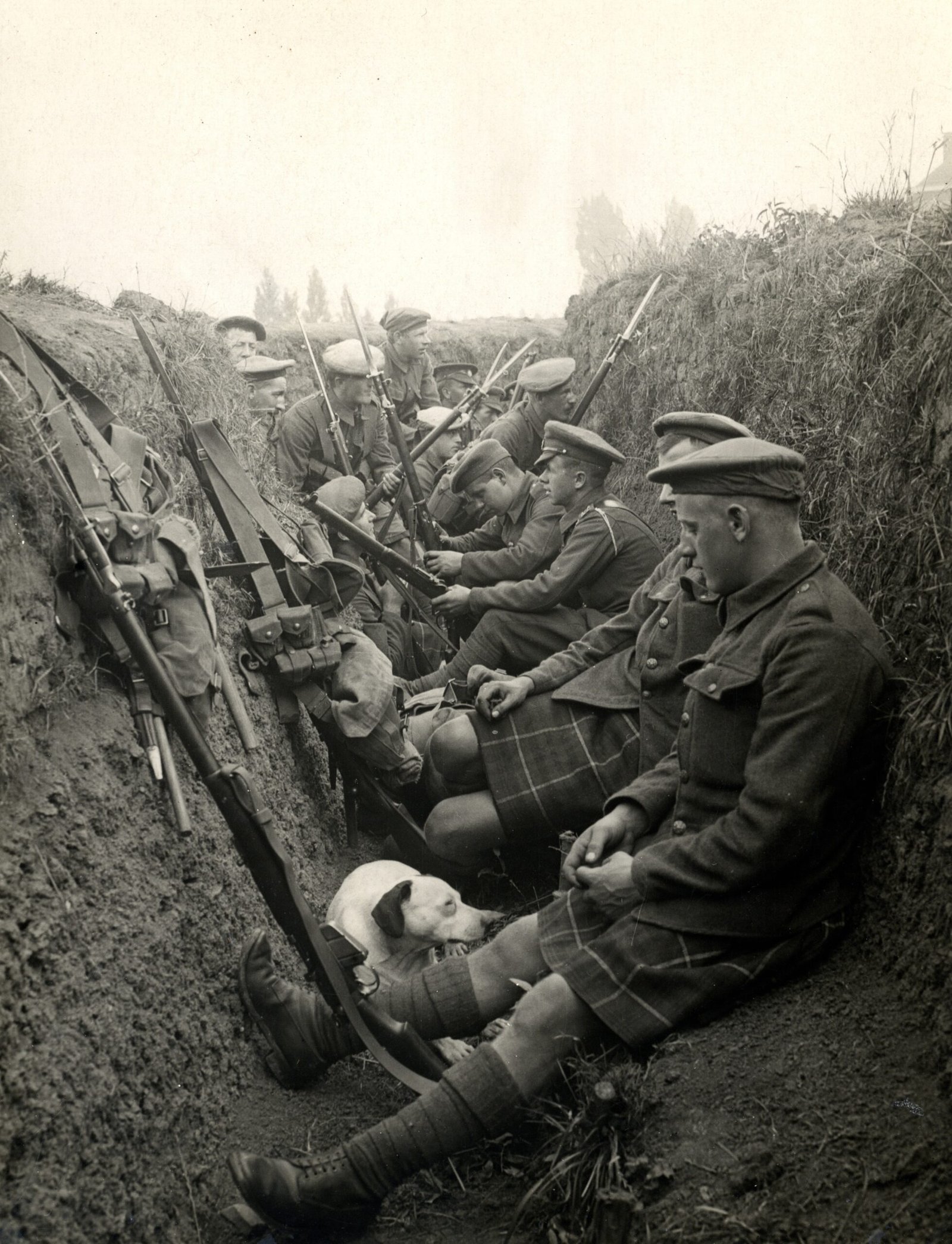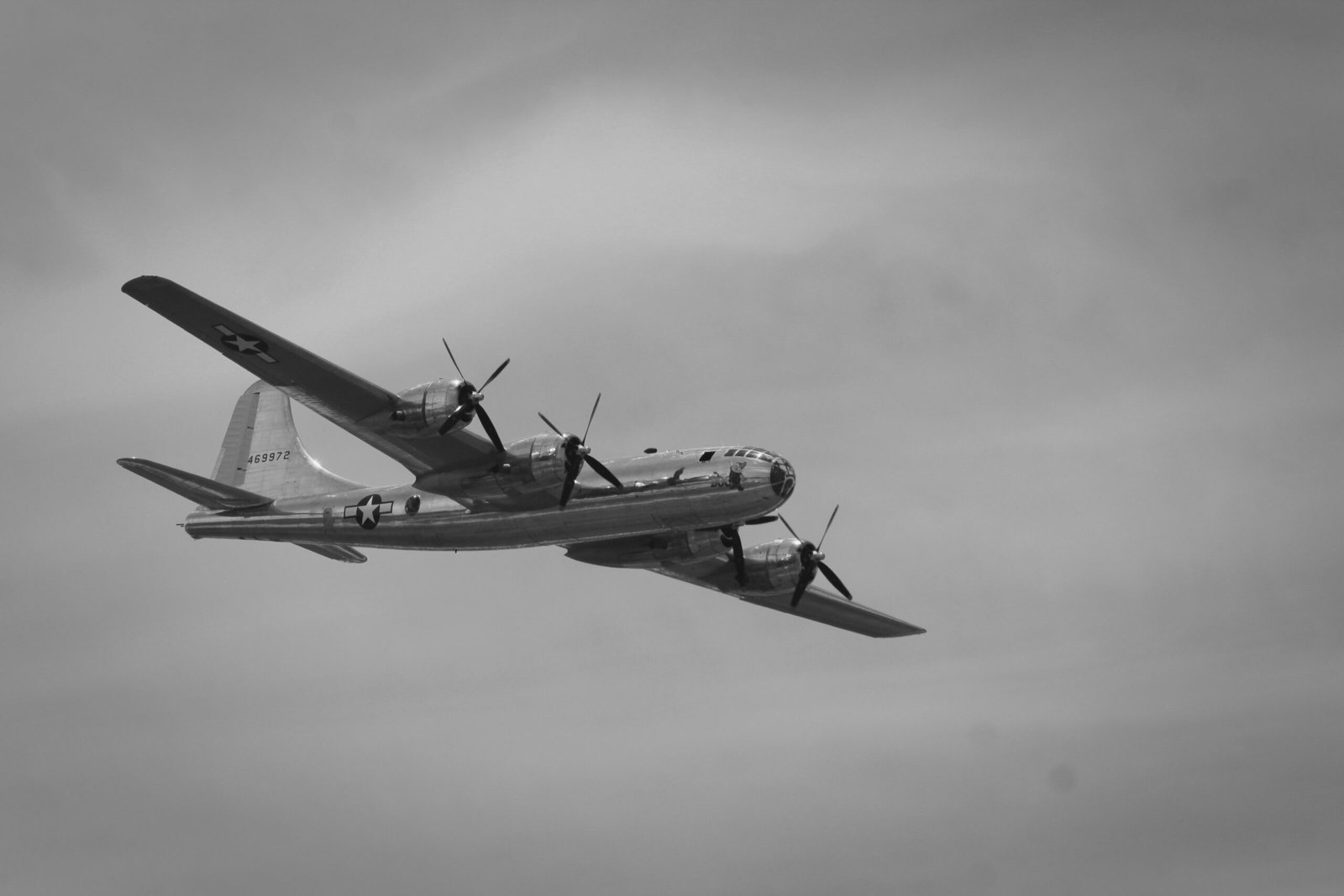World War 1, also known as the Great War, began on July 28, 1914, and lasted until November 11, 1918. It was one of the deadliest conflicts in history, involving more than 70 million military personnel and resulting in approximately 16 million deaths.
The immediate cause of the war was the assassination of Archduke Franz Ferdinand of Austria-Hungary on June 28, 1914, by a Serbian nationalist. This event triggered a series of diplomatic and military alliances, leading to a chain reaction of declarations of war.
Germany played a significant role in the outbreak of World War 1. As one of the Central Powers, Germany was aligned with Austria-Hungary, the Ottoman Empire, and Bulgaria. The German government, under Kaiser Wilhelm II, pursued an aggressive foreign policy and sought to expand its influence and territory.
Germany’s defeat in World War 1 can be attributed to several factors:
- Allied Powers: Germany faced a formidable alliance known as the Allied Powers, which included countries such as France, the United Kingdom, Russia, and later the United States. These nations had superior resources, manpower, and industrial capabilities compared to Germany.
- Trench Warfare: The war quickly turned into a stalemate, with both sides digging trenches and engaging in brutal trench warfare. This type of warfare favored the defensive side, making it difficult for Germany to make significant advances.
- Economic Blockade: The Allied Powers imposed a naval blockade on Germany, cutting off essential supplies and resources. This blockade severely impacted Germany’s economy and weakened its ability to sustain the war effort.
- Internal Discontent: Germany faced internal unrest and discontent. The war led to significant social and economic hardships, causing widespread dissatisfaction among the German population. This discontent further weakened Germany’s resolve and ability to continue the fight.
- Entry of the United States: In 1917, the United States entered the war on the side of the Allies. The arrival of fresh American troops and resources provided a significant boost to the Allied Powers and further tilted the balance against Germany.
The defeat of Germany became inevitable as the war progressed. The German military was exhausted, and the country was facing severe shortages and economic collapse. On November 11, 1918, Germany signed an armistice agreement, effectively ending the war.
The consequences of Germany’s defeat in World War 1 were significant. The Treaty of Versailles, signed in 1919, imposed harsh terms on Germany, including massive reparations, territorial losses, and military restrictions. These terms would later contribute to the rise of Adolf Hitler and the outbreak of World War 2.




[…] the failure to conquer Britain, Hitler turned his attention to the Soviet Union. In June 1941, Germany launched Operation Barbarossa, a massive invasion of the Soviet Union. Initially, the German forces […]
[…] involvement of Germany in World War I was driven by factors such as alliance systems, imperial ambitions, and fears of encirclement. […]